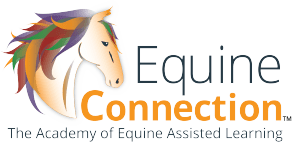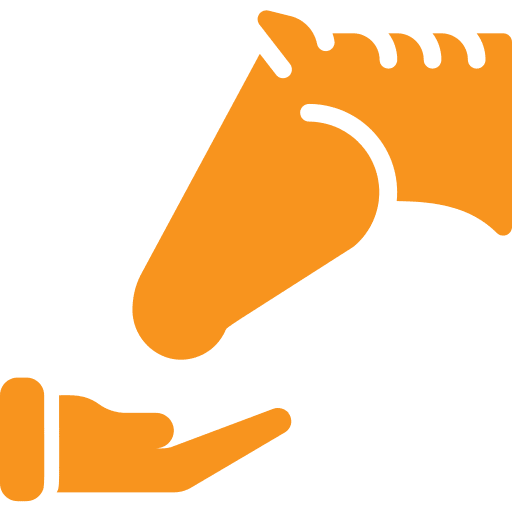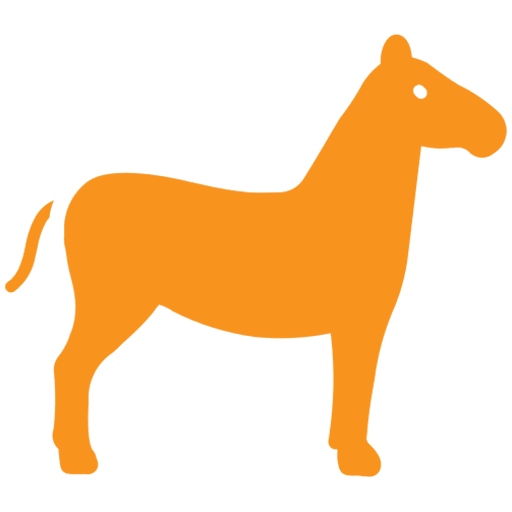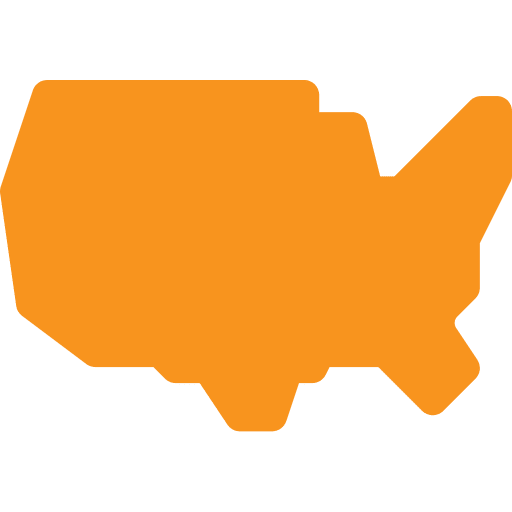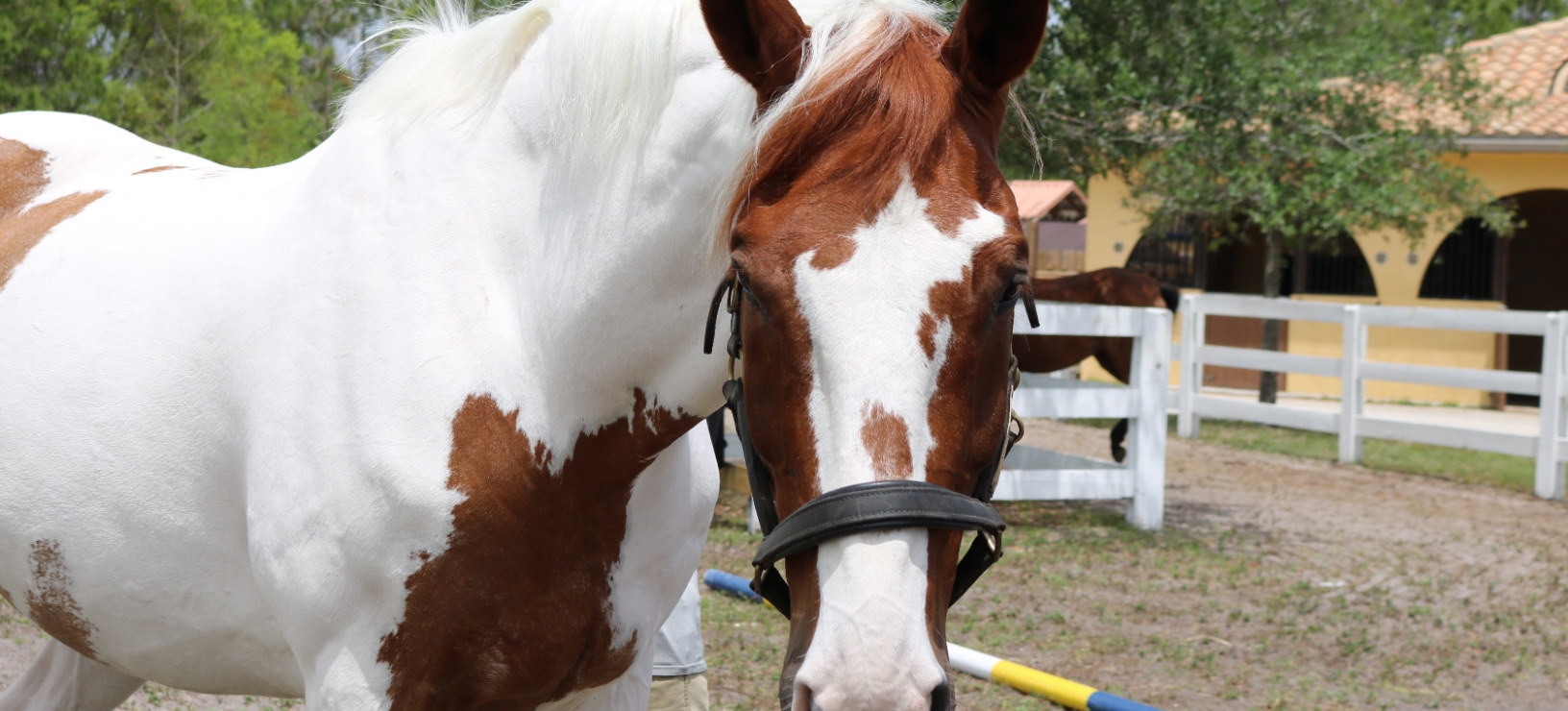Join Equine Connection's FREE "Email Newsletter" Made For Horse Lovers & Equine Business Alike….
“If you don’t know where you’re going you’re sure to get there.” – Yogi Berra
Schelli Whitehouse stumbled into her dream 11-years ago. She always knew that she wanted to work with horses. She always knew she had to have horses in her life. She didn’t want to be a trainer. She didn’t want to be a riding coach. She just knew that she loved working with horses and seeing their development. And she wanted to work in the field of personal development. What she had never heard of was coaching.
One day, Schelli was in Barnes and Noble and she was looking at magazines trying to find a great horse read. That day she saw the book, ‘The Tao of Equus’, and it clicked. That’s how Schelli’s coaching started. Facilitation courses, marketing and out came her equine inspired coaching business.
Schelli is a design expert for extraordinary equine inspired businesses. She helps equine assisted coaches, businesses, therapists and facilitators to move their equine businesses move forward. Her mission is to spread the power of equine inspired transformation and personal development by assisting passionate practitioners to reach the people they are meant to serve.
So how does working with the horse vs using the horse differ in regards to the welfare of the horse?
Understanding that the horse is an equal contributor AND an equal partner in the work of working with humans. Safety is always and equally important, with their safety mentally, physically and emotionally equally as important.
Respecting horses, equines and other sentient beings are not just tools in the work that we do.
Consider this… When you are working with your horse taking them through exercises, would you be able to do it without the horse? Will the exercise do anything for the horse… or is it for the humans? This is where we shift from “using” to “working with”.
It’s not fair to the horse when they’re put in an unfamiliar situation where they’re set up to fail, because they don’t have the correct information. Partnering should be where the horse can be set up for success.
What is it that you stand for? What is the standard in this work and for yourself? For the horse and for your client?
When you are clear on this, you can have really powerful conversations with those that you are going to partner with, because you know what your standard is. You have space for them to share what their standards or philosophy is.
If you are in the situation where you don’t own your own horses or facility and working at someone else’s facility with someone else’s horses, that’s great and can be a complete win-win for you both to come together. But in that negotiation process, you need to know what your philosophy is working with horses and whether or not you’re in alignment with that facility. Because if you’re not, you’re not going to be congruent. The congruency needs to be with your head, heat and gut. It’s really important to be able to express your beliefs around working with horses and to ask questions in a way that is not confrontational but it gives you information to find out whether or not you’re a good fit.
What should you be looking for in a horse to see if they are ‘with’ you?
If you are working with a client and your horse’s head goes up, this means that the horse on high alert. It’s not feeling safe. There’s something in their environment that has their attention. It’s important that we know what’s in their environment and that they feel safe with us.
If their head and neck and body is level, that means that they’re relaxed and feeling safe in their environment.
If they are stretching their neck, or yawning, they’re processing and either releasing tension which could be tension from the client or tension from the facilitator, or environments, as they are highly astute and can sense that the stimulus has shifted within the people or environment.
The piece of advice that Schelli mentioned that really stuck out to us, is to respect your horse’s opinion. Honour what happens next. Acknowledge what it is your horse is saying to you. If you are in a situation where you have to work with your horse and he doesn’t want to work that day, acknowledge that he doesn’t want to work, give them appreciation and thanks for being there with you. Let them know “I appreciate you and thank you for being here today.”
It’s your time to grow, learn and connect with your bigger world around you and this doesn’t mean that this is going to be the same formula for everyone.
JOIN EQUINE CONNECTION'S FREE Email Newsletter
MADE FOR HORSE LOVERS & EQUINE BUSINESSES ALIKE….
Join our community of 118,000+ Life Changers forging their own paths with horses - whether for business or pleasure.
You'll Receive Weekly Emails Designed to Transform Your Relationship With Your Horse, Elevate Your Equine Business & So Much More!
